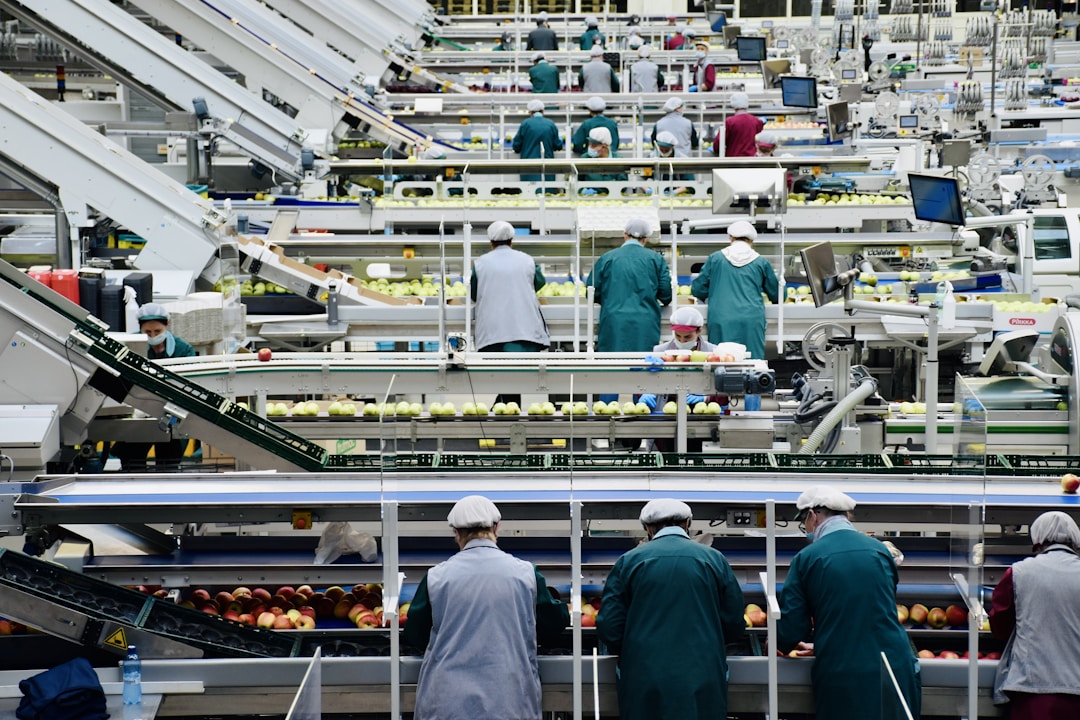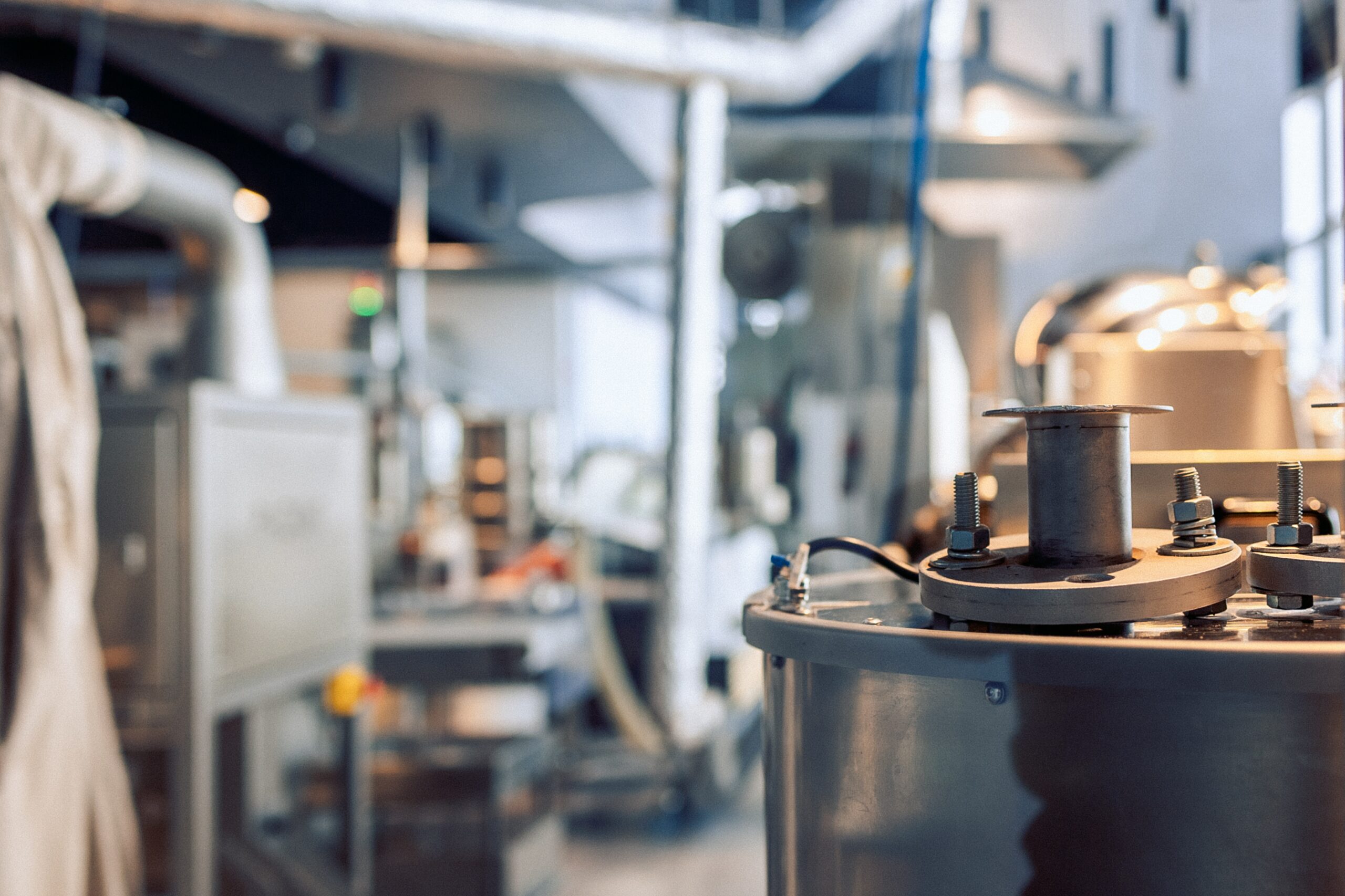The food industry is a large and ever-growing sector with a constant need for efficiency and innovation. Among the many technological advances that have occurred in this industry, one aspect stands out for its critical role—industrial evaporators. These ingenious machines have revolutionized the processes used in food production, providing numerous benefits that we will delve into. Keep reading to learn more about these vital machines and their impact on the food industry.
The Role of Industrial Evaporators in the Food Production Industry

Industrial evaporators play a crucial function in the food industry, particularly in processing and preservation. They aid in the concentration of food products by removing water, thus increasing their shelf-life. This removal of water also aids in reducing the weight and volume of food, making it more efficient and cost-effective to transport.
The machines work using heat to turn water into steam, which is then removed from the food. This heat can be sourced differently depending on the type of evaporator being used.
It’s not just about conservation and transport efficiency. Evaporators are residual heat sources in some food production processes, like brewing, making them a multi-purpose resource. Not to mention the energy recoverable from the evaporated water, translating into ecological and economic savings for businesses.
Finally, through pasteurization, evaporators aid in eliminating harmful bacteria from the food products, ensuring consumers receive safe, high-quality produce.
Key Benefits of Using Industrial Evaporators in the Food Production Industry
The penetration of industrial evaporators in the food industry is not surprising given the numerous benefits they offer. Firstly, the machines facilitate longer shelf-life for products by removing water, a culprit for bacterial growth, thus boosting preservation capabilities and reducing wastage.
Additionally, evaporators enable the production of concentrated food products, reducing their weight and volume, translating into more cost-effective transport and storage. This is particularly beneficial in the production of products like soup bases, sauces, and broths, where removing excess moisture is crucial.
Furthermore, using evaporators results in more energy-efficient processes. For example, multi-effect evaporators re-use the heat in subsequent stages of the evaporation process in a cascading system, which results in significant energy savings. This considerably reduces the operational costs over time.
By eliminating bacteria and pathogens through the process of pasteurization, evaporators also contribute to the production of safer, high-quality food products meeting stringent health and safety regulations.
Case Studies: Boosting Efficiency With Industrial Evaporators in the Food Production Process

Evaporators have firmly rooted themselves as a mainstay in the food industry, and their impact is amply reflected in numerous case studies. For instance, take a look at the beer industry, where evaporators are utilized in the production process to concentrate the wort before fermentation.
The dairy industry is another where evaporators play a pivotal role, used extensively in the concentration of milk for cheese and yogurt production. Here, the machines enhance the efficiency of the production process by improving the consistency of the end product and enabling energy savings.
Another notable example is the juice industry, where evaporators are used to concentrate fruit juices for efficient packaging and transport. The concentrated product guarantees a longer shelf-life, enables cheaper transport due to decreased volume, and offers consumers the option to dilute it according to preference.
These examples serve as ample testament to the widespread application and indelible influence of industrial evaporators in the food production industry, facilitating efficient and reliable processes.
Altogether, industrial evaporators have proven to be a boon to the food production industry, fostering efficiency, promoting cost savings, and aiding quality and safety measures. Their diverse range, coupled with their impressive benefits, makes them an indispensable tool in the sector, heralding a wave of sustainable and efficient food production.

